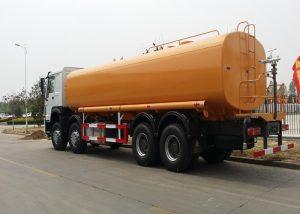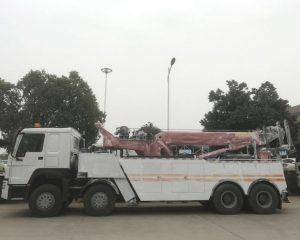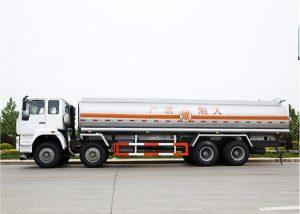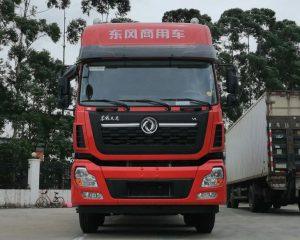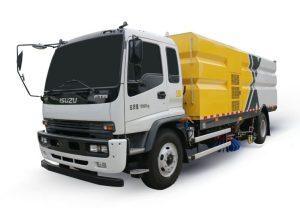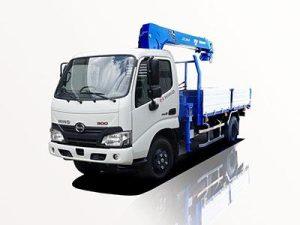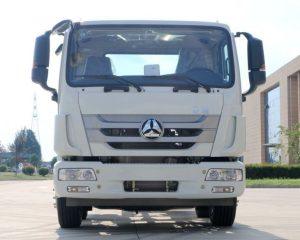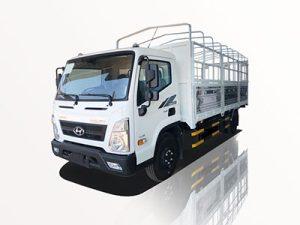Monday to Saturday - 8:00 -17:30
Everything You Need to Know About Renting Trucks
Introduction
Renting a truck can be a game changer when you need to transport goods, move furniture, or handle large loads without the inconvenience of ownership. This comprehensive guide covers everything you need to know about rent it trucks, from types of trucks to rental processes, pricing, and tips for a successful rental experience. Whether you’re moving to a new home, hauling cargo for your business, or just need a truck for a day, we have the information you need to get started.
Types of Trucks Available for Rent
Light Duty Trucks
Light duty trucks, typically up to 10,000 lbs GVWR (Gross Vehicle Weight Rating), are perfect for moving smaller loads. They include:
- Pickup Trucks: Ideal for small to medium-sized moves and cost-effective for short distances.
- Vans: Enclosed spaces suitable for transporting goods that need protection from the elements.
Medium Duty Trucks
Medium duty trucks, with a GVWR of 10,001 to 26,000 lbs, are ideal for larger loads. Examples include:
- Box Trucks: Capable of handling big loads, perfect for moving or delivering goods.
- Stakebed Trucks: Allow for easy loading and unloading, great for transporting larger items.
Heavy Duty Trucks
Heavy duty trucks are over 26,000 lbs GVWR and are best for commercial needs. Includes:
- Flatbed Trucks: Common in construction for transporting large machinery or building materials.
- Cargo Trucks: Used extensively in trucking and logistics for long-distance hauls.
The Benefits of Renting Trucks
Cost-Effectiveness
Renting a truck can often be cheaper than maintaining your own, especially if you only need one for a short period of time. When you rent, you avoid costs associated with vehicle depreciation, maintenance, and insurance.
Flexibility
When you rent it trucks, you have the flexibility to choose the right type and size for your needs, whether it’s for a day, a week, or longer.
Access to Modern Vehicles
Most rental companies offer newer models equipped with the latest technology, providing better safety features, fuel efficiency, and comfort.
How to Rent a Truck
Step 1: Determine Your Needs
Before starting your rental process, determine the size of the truck required, the distance you plan to travel, and the duration of the rental. This information will help you choose the right truck.
Step 2: Compare Rental Companies
Research various truck rental companies in your area. Look for:
- Pricing and availability
- Customer reviews
- Type of trucks offered
Step 3: Make Your Reservation
Once you select a rental company, reserve your truck. Reservations can often be made online, by phone, or in person. Be prepared to provide:
- Your driver’s license
- Credit card for payment
- Proof of insurance (if applicable)
Step 4: Pick Up Your Truck
On the day of your rental, arrive early to complete paperwork. Inspect the truck for any existing damage and take photos if needed.
Step 5: Return the Truck
Ensure the truck is clean and has a full tank of gas unless your rental agreement states otherwise. Return it on time to avoid additional charges.
Pricing Factors for Truck Rentals
Base Rental Cost
The base rental cost varies based on the truck type, size, and rental duration. Generally, light-duty trucks are cheaper, while heavy-duty trucks have a higher rental rate.
Mileage Fees
Some rental companies charge by the mile, especially for longer trips. Make sure to inquire about any mileage fees upfront.
Insurance and Additional Charges
Most companies offer insurance packages to cover potential damages. Decide if you’d like this added coverage and check for possible additional charges.
Fuel Costs
Confirm whether the truck should be returned with a full tank. If not, expect to pay for the fuel consumed at a higher rate per gallon.
Practical Tips for Renting Trucks
Choose the Right Size
Always opt for a truck size that accommodates your load without overstuffing. Use an online calculator to estimate how much space you’ll need.
Driving Considerations
Driving a truck is different from a regular car. Make sure you’re familiar with the vehicle before hitting the road, especially when it comes to parking and maneuvering.
Protect Your Cargo
Use blankets, straps, and boxes to secure your items during transit to avoid damage. Most rental locations provide moving supplies for sale or rental.
Inspect Before You Drive
Always check the truck’s tires, lights, and brakes before driving off. Reporting any pre-existing damage can prevent issues when returning the vehicle.
Frequently Asked Questions (FAQ)
1. What do I need to rent a truck?
You will typically need a valid driver’s license, a credit card for payment, and proof of insurance if required by the rental company.
2. Can I rent a truck for a single day?
Yes, most rental companies offer daily rates, allowing you to rent a truck for as little as a few hours to several days.
3. How do mileage fees work?
Mileage fees are charges based on the distance you drive the rented truck. Some companies offer unlimited mileage while others charge per mile after a certain limit.
4. Is insurance necessary when renting a truck?
Insurance is not mandatory, but it is highly recommended to protect yourself financially in case of an accident or damage to the truck.
5. What happens if I return the truck late?
Returning the truck late can result in extra fees, so it’s important to return it on time or notify the rental company if you need an extension.
6. Can I drive a rental truck out of state?
Most rental companies allow out-of-state travel, but you should confirm with the rental location as policies may vary.


